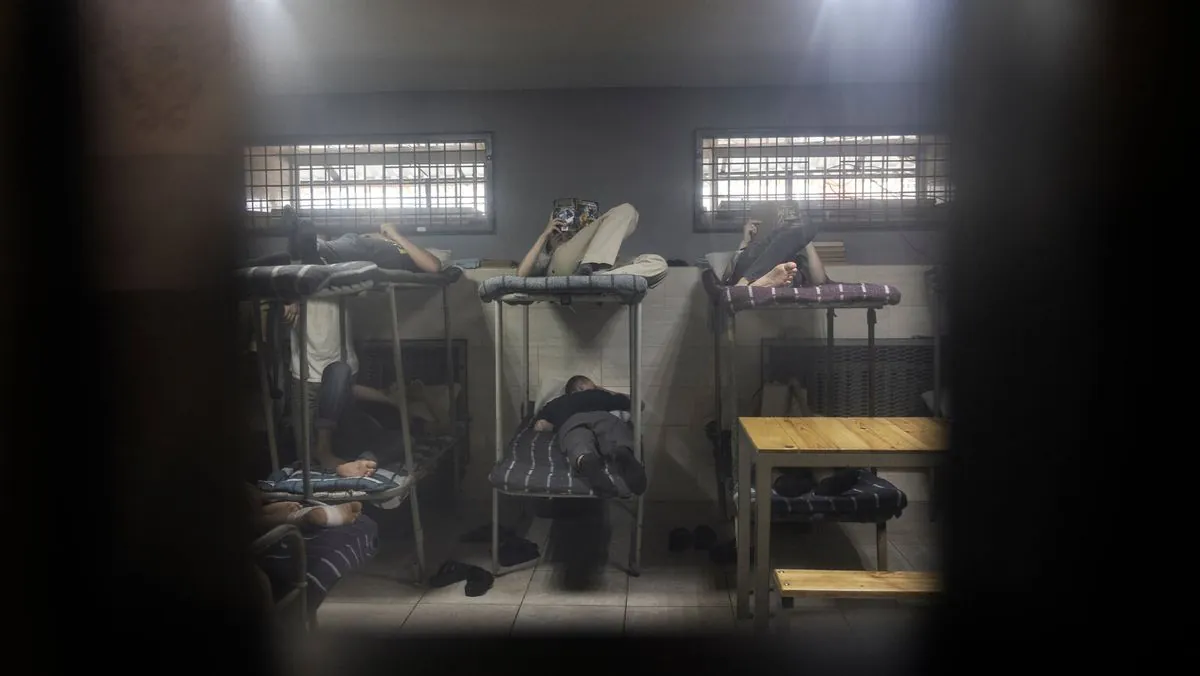In a surprising turn of events, Ukrainian forces have captured more than 240 Russian soldiers during an unexpected offensive into Russia's Kursk region. This operation, which began on August 6, 2024, has resulted in the detention of numerous troops, many of whom identify as conscripts.
An analysis of visual evidence, including over 130 photos and videos, supports Ukrainian claims of capturing hundreds of Russian soldiers. The footage, primarily shared on social media by Ukrainian military personnel, depicts at least 247 Russian prisoners. This number is likely an underestimate, as new visuals continue to emerge.
The capture of conscripts presents a politically sensitive issue for Vladimir Putin. These young men, typically aged 18-27, serve a mandatory 12-month period in the Russian military. Their presence in combat zones contradicts previous assurances made by Putin that conscripts would not be sent to the front lines.
"Having conscripts in combat undermines the social contract between Russian families and the government that has held under Putin's leadership since 1999."
The visual evidence shows prisoners being taken across a wide area, spanning more than 14 miles inside Russian territory. One notable incident occurred near the Sudzha border crossing, where drone footage captured the destruction of checkpoint buildings and Russian troops surrendering with white flags. The Ukrainian military's 80th Air Assault Brigade, supported by artillery and heavy armored vehicles, conducted this operation.
It's worth noting that the International Committee of the Red Cross (ICRC) and other human rights organizations have expressed concerns about sharing videos of prisoners of war. Such actions may violate rules against exposing captives to "public curiosity," as outlined in the Geneva Conventions.
The recent captures significantly impact the prisoner situation between Russia and Ukraine. Prior to this offensive, Putin had stated that Russia held 6,465 Ukrainian soldiers, while Ukraine held 1,348 Russian soldiers. The new detentions could substantially increase Ukraine's share of Russian prisoners.
Volodymyr Zelensky, the President of Ukraine, has referred to these captures as replenishing the "exchange fund." This development may facilitate future prisoner swaps, potentially prioritizing the return of Azov Brigade fighters captured during the defense of Mariupol over two years ago.
The ease with which many Russian soldiers surrendered has surprised observers. Mathieu Boulègue, a non-resident senior fellow at the Center for European Policy Analysis, suggests this could indicate the fragility of Russia's war narrative and the desperation of some Russian soldiers.
As the situation continues to unfold, the capture of these Russian soldiers, particularly conscripts, may have far-reaching implications for both the ongoing conflict and the internal dynamics of Russian military policy.
